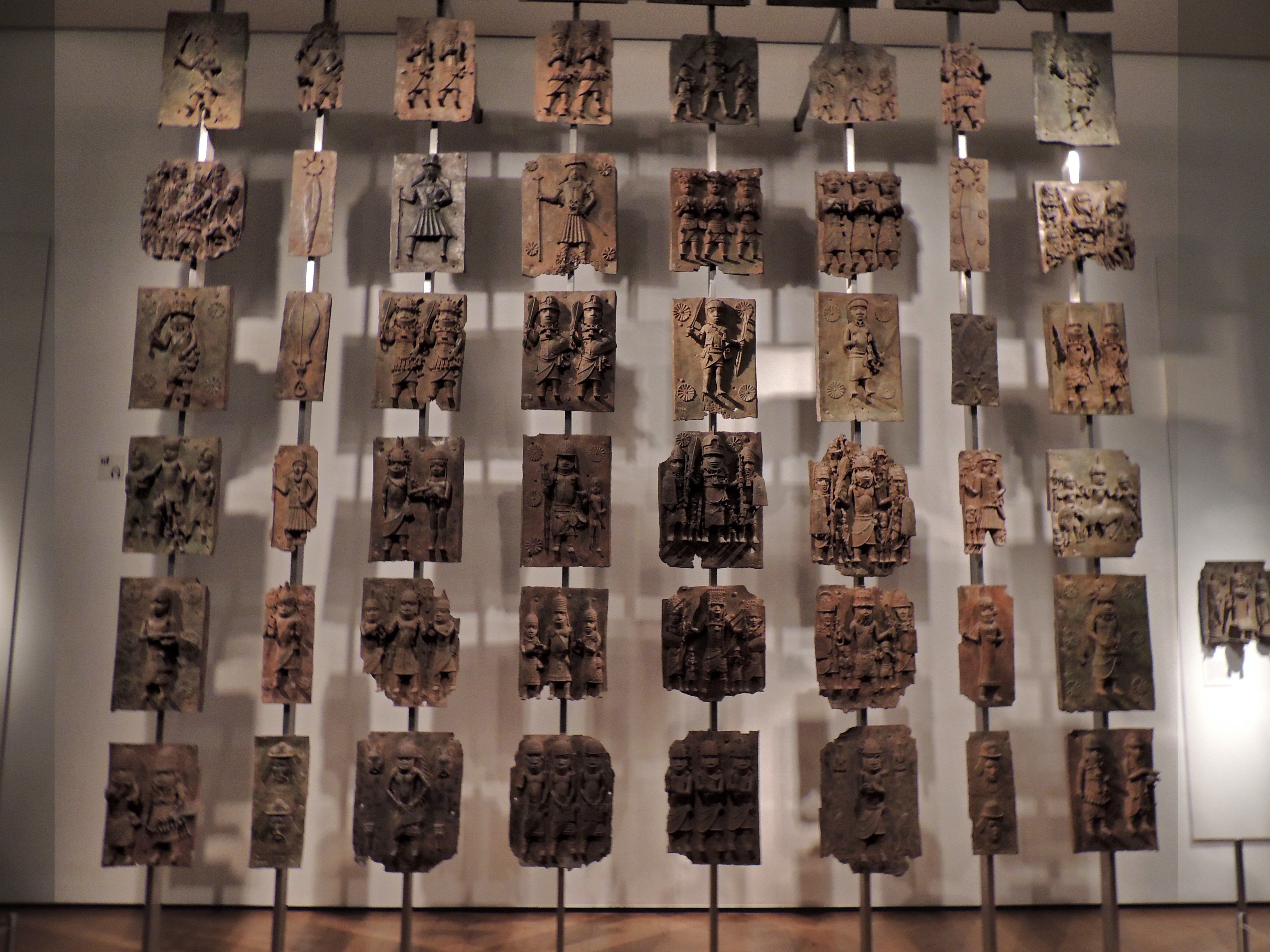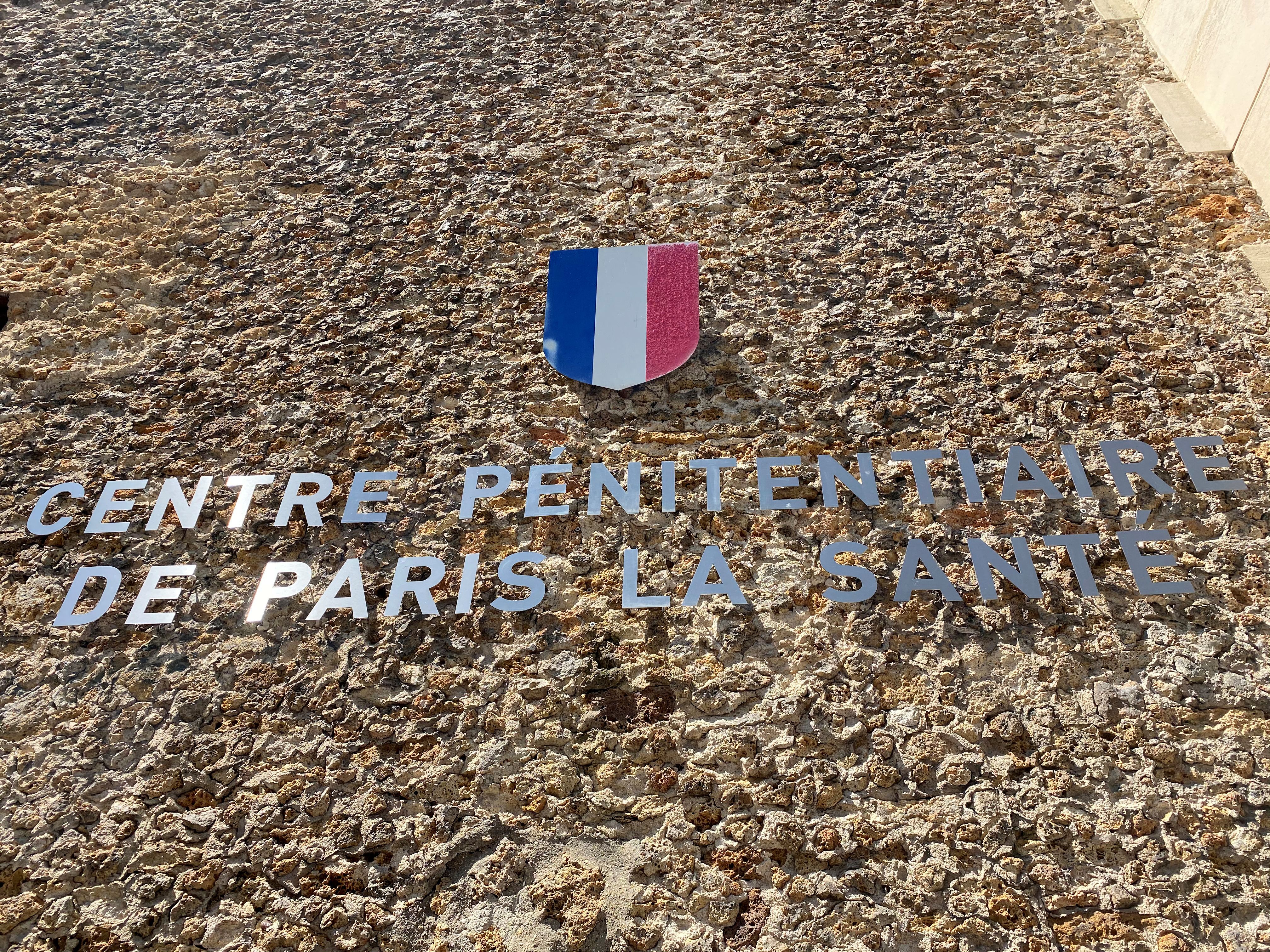Mauritius Reclaims the Chagos Islands
The UK prime minister has agreed to transfer sovereignty over the Chagos Islands to Mauritius while retaining the right to use the Diego Garcia military base located there. The decision crowns Mauritius’ long-standing legal dispute with the UK. It is also a success for the lobby of the forcibly displaced inhabitants of the archipelago, who will be given the opportunity to return to most of the islands.
(2).png) Fiona Hanson / PA Images / Forum
Fiona Hanson / PA Images / Forum
The Chagos archipelago consists of 64 islands in the Indian Ocean, located about 500 km north of Mauritius. They were part of the British colony of Mauritius until 1965. At that time, the British government forced its authorities to sell the islands, from which it created the British Indian Ocean Territory (BIOT). It thus retained sovereignty over them, unlike Mauritius itself, which became an independent state in 1968. The change of status of the Chagos Islands took place in contravention of UN Resolution 1514 (XV) prohibiting the separation of colonies preparing for independence.
Between 1967 and 1973, the British authorities deported all the inhabitants of Chagos (population of African-Asian origin, about 1,500 at the time) due to plans to establish a British-American military base on Diego Garcia, the largest of the islands. They were evicted from the entire archipelago, including islands 160 km from Diego Garcia, to the Seychelles and Mauritius without the right of return. Later, some of them also settled in the UK. Their organisations sought permission to return to the Chagos. The Chagossian diaspora, today numbering about 10,000 people, is divided over Mauritius’ policy: some support the inclusion of the archipelago in the country, while others criticise Mauritius for not consulting its indigenous inhabitants on its moves towards the islands.
Historical and Legal Dispute
International legal arguments about the status of the islands, and the demands of indigenous peoples that they be allowed to return, formed the basis of Mauritius’ efforts to gain sovereignty over the archipelago (“return” of the Chagos Islands). Since 1980, the state has consistently included this demand in statements to the United Nations General Assembly (UNGA), and in bilateral relations with the UK. It has obtained a number of favourable settlements and declarations from international institutions and states in this regard.
In 2010, the Mauritius authorities initiated an arbitration proceeding over the UK’s unilateral establishment of a no-fishing zone across the archipelago, which they insisted was, among other things, calculated to prevent residents from returning. The Permanent Court of Arbitration ruled in a 2015 judgment that the UK had violated the UN Convention on the Law of the Sea. Then, in February 2019, the International Court of Justice (ICJ), at the request of the UNGA, issued an advisory opinion in which it described the continuation of British administration as “unlawful” and indicated that the UK had an obligation to return the islands to Mauritius “as rapidly as possible”.
In May 2019, the UNGA, referring to the opinion, called—in a vote of 116 to 6—for the UK to “unconditionally withdraw its colonial administration” within six months. Apart from the UK and the U.S., only Israel, Hungary, the Maldives, and Australia opposed it. The call was also supported by Pope Francis, who visited Mauritius in September 2019, where he stressed the need to respect international law. The UK rejected the argument in principle, stressing that Mauritius had never had de facto sovereignty over the archipelago, while it itself had exercised uninterrupted sovereignty over it since 1814.
The Mauritius authorities have considered further steps to put pressure on the UK, such as challenging its membership of the Indian Ocean Tuna Commission, on which it holds a seat by virtue of having BIOT (prior to Brexit, its fishing interests were represented by the EU under the Common Fisheries Policy). Both the Mauritius prime minister, Pravind Jugnauth, and organisations of the displaced have also signalled their intention to petition the International Criminal Court against UK officials responsible for the displacement on charges of crimes against humanity.
The Problem of Settling the Colonial Past
Decolonisation, including territorial decolonisation, remains a politically explosive issue in the West’s relations with much of the “Global South”. Historical arguments are used not only by those states that could gain territories or reparations but also by powers such as Russia, China, and India. By criticising the West’s colonial legacy, they promote themselves as better partners in Africa. Anti-colonial rhetoric has paved the way for military populists to take power in Mali, Burkina Faso, and Niger. In breaking with the West, these juntas have developed close relations with Russia and Iran, among others. European states, including France and Belgium, are therefore making gestures revising their attitude to their own past in order to minimise the influence of anti-Western currents, such as pro-Russian ones. European states are thus finding it increasingly difficult to defend the maintenance of their “last colonies”, for example, France's Scattered Islands, claimed by Madagascar, or Spain’s enclaves of Ceuta and Melilla, located in Morocco.
In this context, the UK’s hardline stance on Chagos worked against it, as some of the British elite recognised the problem. Jeremy Corbyn, as leader of the Labour Party in 2019, announced that should he win the election, he would fulfil the UNGA recommendation and end the “colonial era”, symbolised, according to him, by the UK’s avoidance of complying with international law. Such statements came in the context of a discussion about the return of works of art extracted, often under coercion or in other unfair ways, during the 19th and 20th centuries through wars and colonial conquests involving African countries, among others, but also, for example, from Greece (the Elgin marbles from the Parthenon of Athens). In 2018, the British Museum and other European institutions recognised Nigeria’s claim to the so-called Benin bronzes, the largest collection of which is in London. Throughout 2024, British museums handed over, among other things, the royal insignia from Kumasi, capital of the pre-colonial Ashanti kingdom, looted during its 19th-century conquest, to Ghana, and objects taken to Cambridge by missionaries to Uganda in the early 20th century. These decisions were part of a process of recognising the subjectivity of the states and peoples colonised by Britain and compensating to their descendants.
In the case of the Chagos, the UK has in recent years condoned—and co-financed—the revisiting of the islands by small groups of former inhabitants. In 2022, during a similar expedition, organised with the consent of the British authorities by the Mauritian authorities on the pretext of mapping coral reefs, the country’s representative to the UN held a ceremony on one of the islands to raise the flag of Mauritius. At that time, Prime Minister Jugnauth indicated that this was a historic first expedition to “this part of our territory” and that any British attempt to remove the flag would be considered a “provocation”. The response from the UK authorities was restrained: The Foreign Office stated that it would honour the assurances given to Mauritius that it would “not interfere with this survey”. This indicated a declining determination on the part of the British authorities to actively oppose Mauritius’ aspirations. Shortly thereafter, in January 2023, Mauritian-British negotiations began to determine the final status of the islands.
Conclusions and Outlook
Obtaining the political consent of the UK to cede the Chagos Islands to Mauritius was the culmination of years of efforts by the country to have its historical and legal right to the archipelago recognised. The legal details of the cession are to be settled by a future treaty. Mauritius’ diplomatic success would not have been possible without the growing political importance of the former colonial powers’ settlements with the past. These are irreversible processes in which new areas are being opened up. The cost of resisting recognition of historically legitimate claims by European states is growing. By recognising the primacy of the law-based order in the Ukraine case, the UK was losing credibility by breaking the same rules elsewhere, such as in the Chagos case. The international context thus favoured Mauritius in its efforts to reclaim the islands.
The example of the Chagos also demonstrates the effectiveness of a pressure campaign using international legal instruments despite the lack of viable means of enforcing respect for them. In the case of a consistent campaign that gains widespread global support, in a favourable international context, countries such as the UK will weigh the risks of image damage, which may induce them to make concessions.
Mauritius will now work with Chagossian diaspora organisations on a detailed programme to re-settle parts of the islands. The opportunity for their development lies in fishing and tourism, with their assets their scenic qualities, their status as the largest uninhabited archipelago until recently, and the home to one of the world’s most significant coral reefs.





